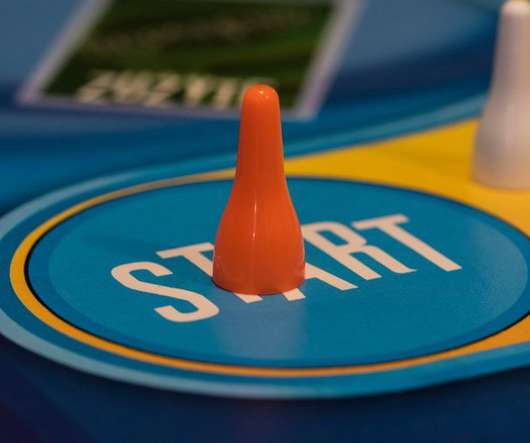Theories for the digital age: Paragogy
Learning with e's
NOVEMBER 1, 2012
Such interconnectedness and willingness to share creates a new kind of peer mentoring that operates at multiple levels and many degrees of expertise, supporting learning in all its complexity. There are now a variety of new ways we can create peer networks, learn from each other and share our ideas. Douglas Thomas and John Seely Brown.

























Let's personalize your content